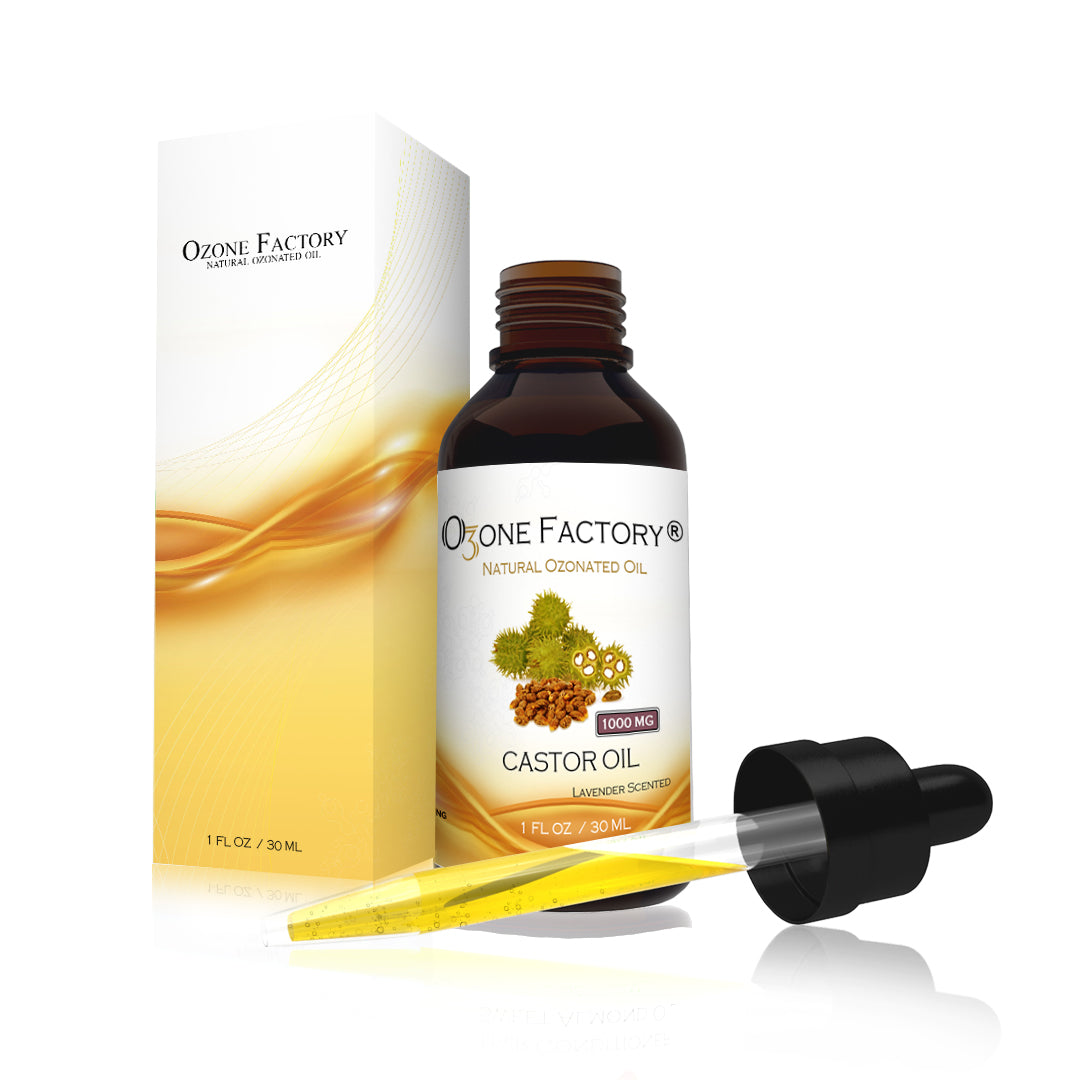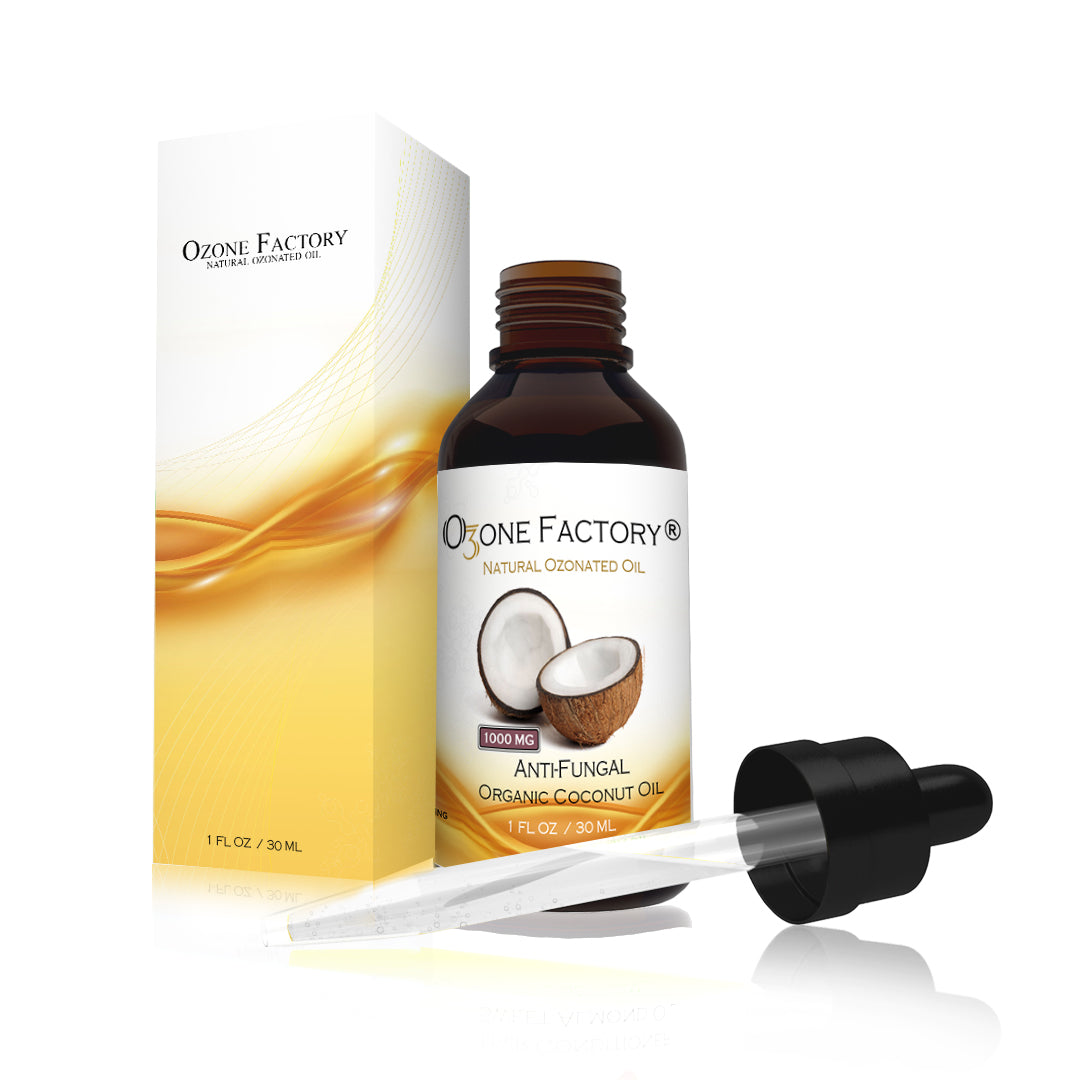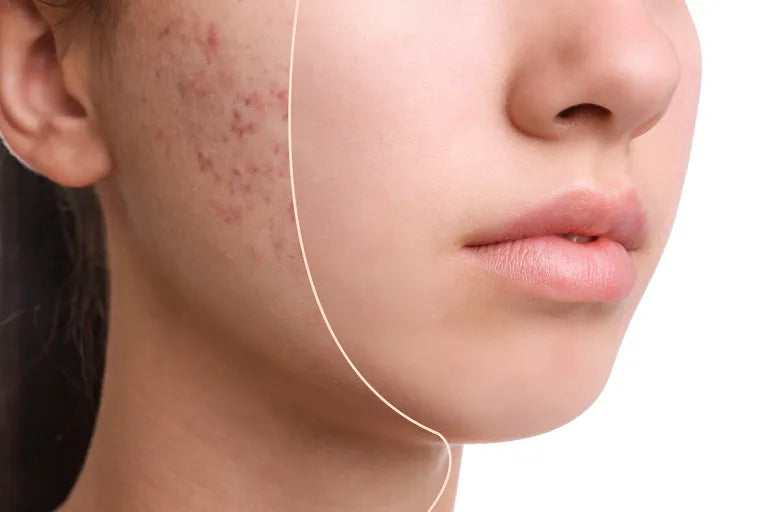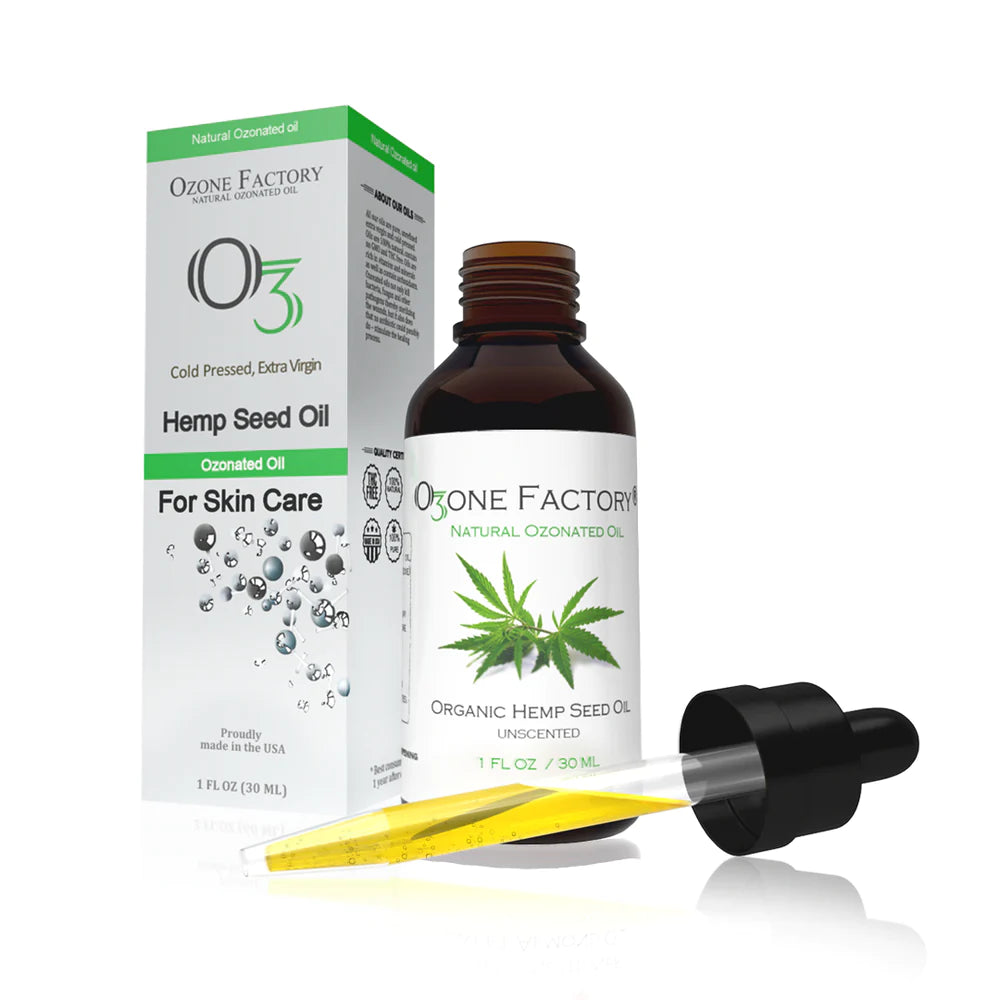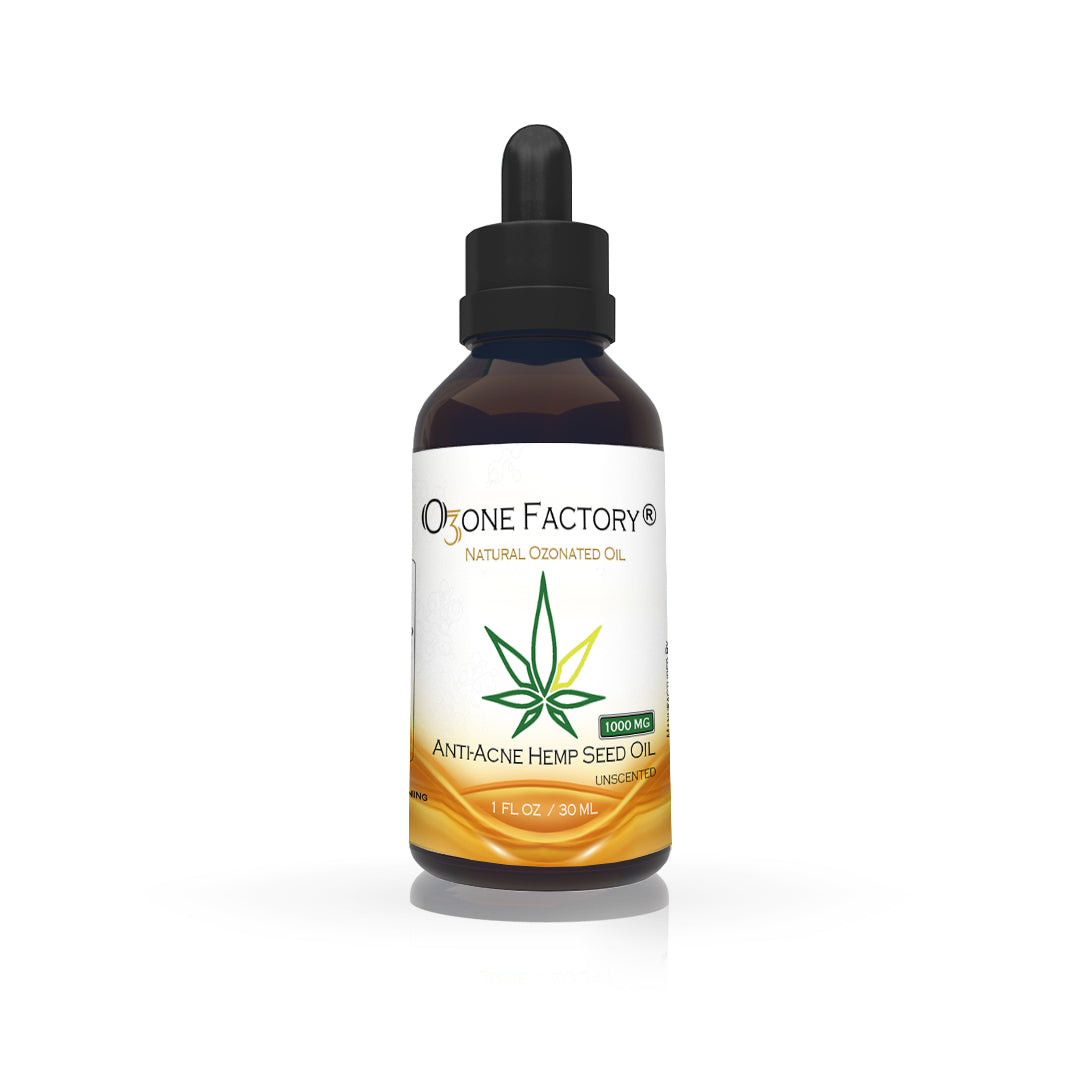

What is Eczema and Psoriasis?
Eczema is actually a group of various diseases that are collectively referred to as dermatitis. The causes of this condition are poorly understood, though it is generally accepted that it is caused by genetics and environment. For the most part, it is an autoimmune disorder that causes chronic inflammation. People suffering from this condition periodically have flare-ups that are caused by outside irritants or changes in the environment. At its most basic level, eczema is the body’s immune system attacking its own skin because it detects what it believes to be pathogens that may threaten the body. There are four basic types:
- Atopic Dermatitis (AD), otherwise known as atopic eczema, is a chronic inflammation of patches of skin that begins in childhood and continues throughout adult life. Stress and sweat, both controlled by hormones in the human body, are frequent contributors to AD.
- Allergic Contact Dermatitis (ACD) is a hypersensitive reaction to allergens that cause breakouts of skin inflammation all over the body. The allergens, such as pollens and animal hairs or saliva, are typical allergens, but the severity of the response is atypical in the population.
- Irritant Contact Dermatitis (ICD) is similar to ACD, but is caused by more general chemical irritants or humidity in the air. These chemicals are frequently household cleaners, which are either strongly acidic or strongly alkaline.
- Stasis Dermatitis, also known as varicose eczema, is caused by circulation of capillaries near the surface of the skin. The presence of varicose veins or burst capillaries contributes to sites of inflammation that break out all over the body.
If the general term dermatitis or eczema is used, it is understood that it is one of these four related conditions. Most frequently, though, it refers to atopic dermatitis. The symptoms of all four variants are the same. They include:
- Pruritus, otherwise known as itchy skin, usually most severe at night
- Dry and uncomfortable skin
- Swelling and rawness on the skin
- Small bumps that may crust over or leak fluid
- Patches of discoloration, usually red or brown, that are most commonly found on the hands, feet, wrists, ankles, upper chest, eyelids, neck, elbows, and knees

Psoriasis is a similar condition. It is also a genetic condition that is triggered by outside factors. It is an autoimmune disorder in which the rate of development and life cycle of skin cells is drastically accelerated. In a person suffering from psoriasis, skin cells are replaced every 3-5 days versus the normal 30 days. This manifests as thick, scaly skin with underlying red patches and white, flaky scales on top. It most commonly appears on the arms, scalp, back, and stomach. Because it is a serious malfunction of the immune system, other related conditions may also develop. Most commonly people also develop psoriatic arthritis, which causes painful and stiff inflammation in the joints of the hands or feet. Psoriasis is also linked to higher rates of certain types of lymphomas, heart disease, depression, and Crohn’s disease. The symptoms include:
- Pruritus, also known as itching of the skin
- White, scaly patches of skin with underlying redness
- Dry cracks in the skin that may leak or bleed
- Stiffness and swelling in the joints and fingers or toes
- Burning, discomfort, and pain
Neither condition is curable. Symptoms can only be managed and flare-ups are generally unavoidable. There are various medications that can treat the symptoms of the conditions, but they do have a range of side effects. Many people are starting to look into hemp seed ozonated oil because of it’s anti-inflammatory properties because it brings no negative side effects.

What is Hemp Seed Ozonated oil?
Hemp seed ozonated oil is an amazing substance, used for skin therapy, healing cellulite, anti acne, anti wrinkles, healing wounds that would otherwise not heal. Stories abound of patients unable to heal wounds with topical and IV antibiotics, finally able to heal their wounds with topical application of ozonated hemp seed oil.
Hemp seed ozonated oil have powerful medicinal qualities. Because this oil is not psychoactive, however, it is rapidly becoming the preferred treatment modality for many people. It does not disrupt a patient’s ability to function and allows them to treat their illness while going about their everyday life. Hemp seed ozonated oil is safe and has few side effects while acting as a powerful anti-inflammatory agent as well as an effective painkiller. Research has also indicated that hemp seed ozonated oil is a powerful treatment for pruritus and can combat itchiness and the discomfort associated with chronic itchiness.

How Can Hemp Seed Ozoanted Oil Help Eczema and Psoriasis?
Hemp seed ozonated oil can help treat both the symptoms and underlying factors that contribute to eczema and psoriasis. The symptoms are easy for hemp seed ozonated oil to treat; it has powerful anti-inflammatory properties and helps decrease sensations of discomfort and itchiness in patients. Hemp seed ozonated oil truly shines in its ability to actually decrease the severity of these skin conditions as well as the frequency of their flare-ups. It does so by interacting with cannabinoid receptors.
Ozone regulates various functions of the epidermis, including:
- The proliferation and growth of human skin cells
- Communication and contact between various skin and immune cells via what are known as “cytokines”
- The natural life cycle and regeneration of skin cells, including the death of cells on a necessary timeline in a process known as “apoptosis”
- Production of hormones in oil glands and hair follicles
Hemp seed ozonated oil it helps the body’s immune system properly communicate, thereby decreasing flare-ups and oversensitivity in the auto-immune disorders. It also helps regulate the proliferation and growth of skin cells, ensuring that they have a normal life cycle and do not grow abnormally fast.


